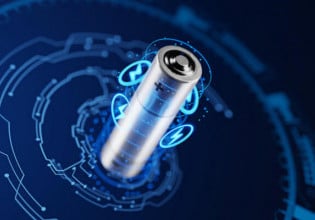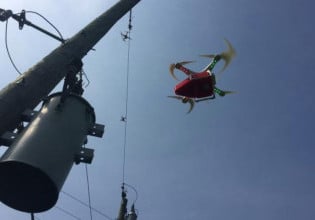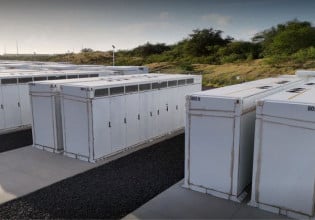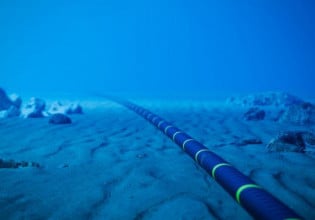Encell’s Nickel-Iron Batteries Outperform VRLAs in Microgrids
Encell Technology, Inc. has introduced the Atlas 160 Nickel-Iron (NiFe) battery. The first production of these 160Ahr, front-terminal, 12-volt rechargeable batteries shipped this week. When energy available over the entire cycle life of a battery is considered, the Atlas 160 product cost is one-tenth that of a lead-acid battery with similar name plate capacity. This product is designed to replace traditional valve-regulated lead-acid (VRLA) batteries in demanding microgrid energy storage applications. Microgrid installations, consisting of a standby generator and solar energy panels, are commonly used to ensure continuous, reliable power in environments where utility power is erratic. Batteries in this application are frequently cycled and may undergo deep-discharge cycles.
Battery life of VRLAs is severely reduced by sustained deep-discharge cycles. Typical specifications show reduction from over 5,000 cycles at 20% discharge to just over 500 cycles at 80% discharge. In contrast, the Encell Atlas 160 NiFe cycle life under similar deep-discharge operating environments approaches 9,000 cycles. For a typical installation, this extended deep-discharge performance can result in a dramatic reduction in the number of batteries needed without compromising battery life.
“The advanced NiFe battery chemistry of the Atlas 160 completely eclipses the performance of industry-standard VRLAs in this application,†said Robert Guyton Jr., Encell Technology’s Chairman and Founder. “The economic benefits in terms of the number of batteries required and the frequency of replacement make the Atlas 160 the clear winner.â€
The Encell Atlas 160 weighs 120 lbs and is packaged in the standard, front terminal configuration with maximum dimensions (5.3 x 22.3 x 13.0 in) similar to comparable VRLAs. High-end temperature ranges for both operation (100 degrees C) and storage (60 degrees C) exceed VRLA specs. Float charge battery life of the Atlas 160 is up to 20 years – several times longer than comparable VRLAs.






